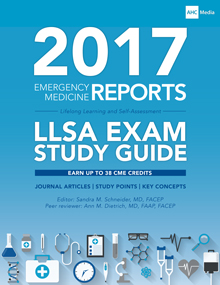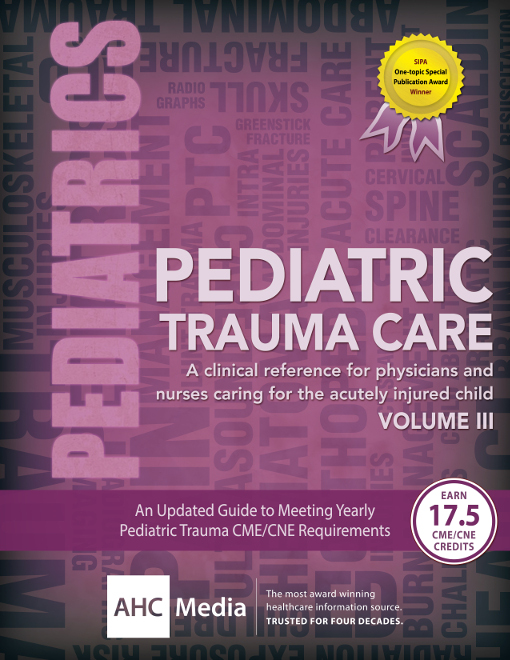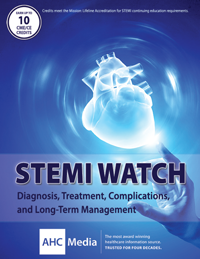Long-term Costs to Diagnose Coronary Artery Disease Similar Despite Method
October 3rd, 2016
DURHAM, NC – Emergency physicians are under constant pressure to control costs, especially when using diagnostics for conditions such as heart disease.
So, which is less expensive for assessing patients with suspected coronary artery disease (CAD)? Computed tomographic angiography (CTA) or functional diagnostic testing?
A study published online recently by Annals of Internal Medicine provides an answer, suggesting that costs are similar over three years of follow-up. The Duke Clinical Research Institute-led study also included investigators from Duke University Medical Center in Durham; Massachusetts General Hospital and Harvard Medical School in Boston; and the National Heart, Lung, and Blood Institute in Bethesda, MD.
Background information in the article notes that chest pain is a common reason for patients to seek medical care. Usually clinicians rely on health history and noninvasive tests to assess for CAD, such as CTA and functional stress tests.
The recent PROspective Multicenter Imaging Study for Evaluation of Chest Pain (PROMISE) trial examined the effect of these different diagnostic testing strategies for CAD on patient outcomes and found little difference between them. In a planned secondary aim of PROMISE, researchers conducted an economic analysis to assess cost differences between the two approaches.
To do so, the study team analyzed economic data for 9,649 patients enrolled in PROMISE between July 2010 and September 2013, looking at the costs of the initial outpatient testing strategy, hospital-based costs, and physician fees for the first 90 days. After estimating out for three years, data showed that an initial CTA strategy had costs similar to those of a functional stress testing strategy, although patterns of care differed.
Mean initial testing costs were:
- $174 for exercise electrocardiography;
- $404 for CTA;
- $501 to $514 for pharmacologic and exercise stress echocardiography, respectively; and
- $946 to $1,132 for exercise and pharmacologic stress nuclear testing, respectively.
At 90 days, mean costs were $2,494 for the CTA strategy vs. $2,240 for the functional strategy. Patients in the CTA group were found to have had less follow-up noninvasive testing and more invasive catheterization and revascularization. Still, after 90 days, the choice of test made little difference in costs.
An accompanying editorial from Emory University’s Clinical Cardiovascular Research Institute notes, however, that healthcare care cost comparisons "are difficult to interpret without supplemental clinical data," calling index procedure costs an "incomplete snapshot."

FEATURED RESOURCES





